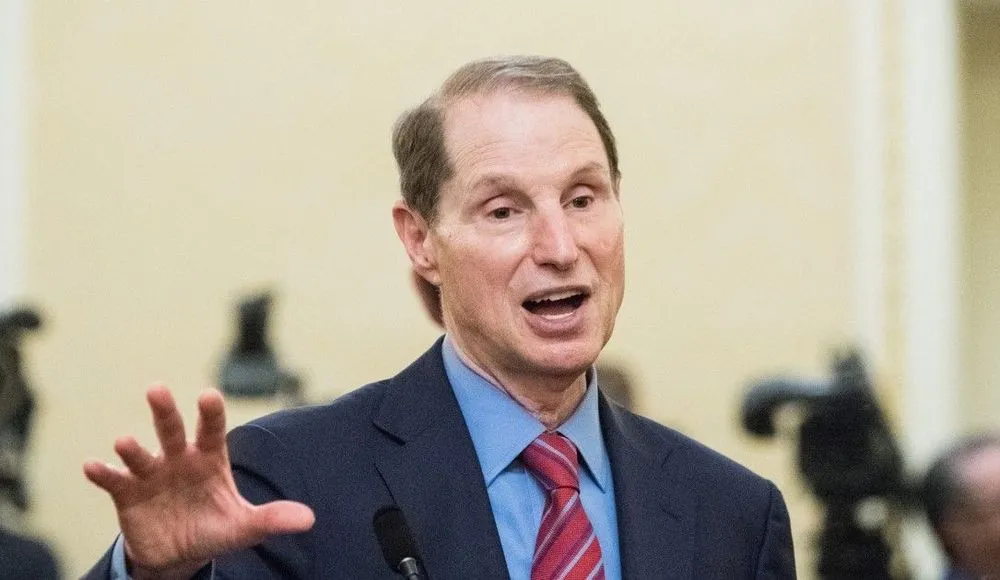Wyden asks White House to scrutinize UK surveillance laws
Sen. Ron Wyden (D-OR) on Monday sent Director of National Intelligence Tulsi Gabbard a letter asking her to formally assess and make public an analysis of the United Kingdom’s surveillance laws and whether they pose a national security threat to the U.S.
The senator’s letter follows revelations in February that the U.K. government had asked Apple for what critics have called a backdoor to view all content Apple users have uploaded to the cloud even when it has been stored using end-to-end encryption.
Apple has since challenged the demand in a U.K. surveillance court and blocked British users from accessing its most secure data storage feature, Advanced Data Protection.
Wyden’s letter makes clear that his concerns extend beyond the specific request to Apple.
U.K. surveillance laws could be used to “secretly force U.S. companies to store the data of U.S. users in the U.K., where it could then be seized by the U.K. government,” according to Wyden’s letter.
The British government has not denied Wyden’s concerns about whether under its Investigatory Powers Act 2016 (IPA) it can require such U.K.-based storage for newly created data belonging to U.S. users, the letter says.
However, Wyden’s letter says, the British Embassy did clarify that the IPA cannot be used to force U.S.-based tech firms to “make a U.K.-based copy of existing data” held in the U.S.
Wyden said the British Embassy has been unable to assure him that the U.K. cannot use elements of the IPA to “demand companies infect their customers with spyware” in order to “hack” Americans.
“The cybersecurity of Americans’ communications and digital lives must be defended against foreign threats,” the letter says. “The national security implications are serious, not least because the communications of U.S. government officials could be subjected to both weakened encryption and storage in the U.K.”
In his letter, Wyden also noted that Google has refused to answer questions from his office about whether it has received a demand similar to the one sent to Apple — formally known as a Technical Capability Notice — from British officials.
Wyden says a so-called backdoor demand of Google could have significant implications because the tech giant enables end-to-end encryption for Android users by default, which he said safeguards data belonging to billions of people.
[Editor's note: A Google spokesperson shared a statement on Wednesday saying the company has not received a demand for a “backdoor” from British authorities. “We have never built any mechanism or ‘backdoor’ to circumvent end-to-end encryption in our products,” the statement said. “If we say a product is end-to-end encrypted, it is."]
Meta told Wyden that it had not received an order to “backdoor our encrypted services, like that reported about Apple,” the letter notes.
The British Embassy did not immediately respond to a request for comment.
Wyden previously wrote to Gabbard about the issue in February.
She responded on February 25, saying that she shared his “grave concern about the serious implications of the United Kingdom, or any foreign country, requiring Apple or any company to create a ‘backdoor’ that would allow access to Americans personal encrypted data.”
Updated 7/30/2025 at 3:15pm EST with a statement from Google.
Suzanne Smalley
is a reporter covering digital privacy, surveillance technologies and cybersecurity policy for The Record. She was previously a cybersecurity reporter at CyberScoop. Earlier in her career Suzanne covered the Boston Police Department for the Boston Globe and two presidential campaign cycles for Newsweek. She lives in Washington with her husband and three children.



